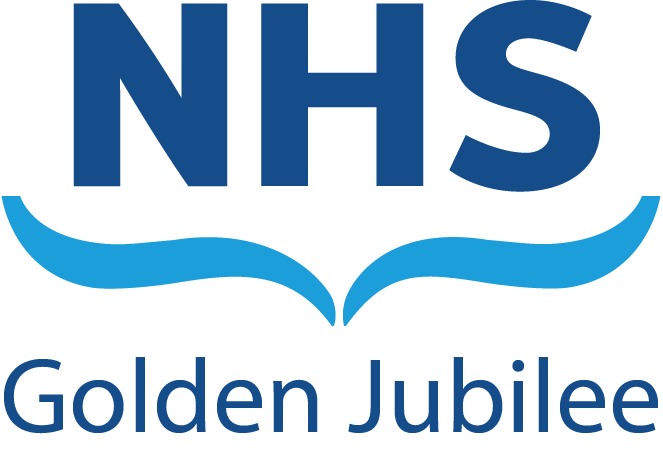General measures
Pregnancy
Pregnancy remains associated with a substantial mortality rate in PAH. Although recent data suggest that, in selected patients, the outcome of pregnancy in PAH may have improved, there is insufficient evidence to alter the recommendation that it should be avoided.
Contraception
Dual methods of contraception are recommended:- A progesterone only oral contraceptive pill OR intrauterine device.
- Barrier contraception.
To reduce the risk of venous thromboembolism, the combined oestrogen-progesterone contraceptive pill is not recommended. Bosentan may reduce the efficacy of the progesterone only pill. Therefore, barrier contraception in this setting is imperative.
Exercise and rehabilitation
Patients are advised to remain active and exercise within their symptom limits. Exercise which causes severe breathlessness, dizziness or chest pain should be avoided.
Supervised exercise training programs run in specialist PH centres have been shown to be safe and to improve quality of life and exercise capacity. Further research is needed to determine the optimal components, intensity and duration of PH specific rehabilitation programs.
Vaccination
As with other chronic health conditions, pneumonia is a significant cause of morbidity and mortality in patients with PAH. Pneumococcal and annual influenza vaccinations are recommended.
Elective surgery
In general, patients with PAH tolerate anaesthesia poorly and spinal anaesthesia is recommended over general anaesthesia. Patients maintained on oral therapy may require short-term conversion to intravenous or nebulised therapy until they can safely swallow and absorb oral medication.
Drugs to avoid
Nitrates should be avoided in PAH, particularly if the patient is on a PDE5i. This combination can cause dangerous hypotension. Beta-blockers are poorly tolerated as patients with PAH rely on the ability to increase heart rate to maintain cardiac output. Cyclizine causes increases in pulmonary artery pressure and should not be prescribed.
Atrial fibrillation / flutter
Atrial dysrhythmias can cause significant decompensation. Electrical cardioversion with adequate anticoagulation is the optimal management for atrial fibrillation. Digoxin may be used as an alternative. Beta-blockers should not be prescribed. Ablation by cardiac electrophysiology is the optimum management for atrial flutter.

